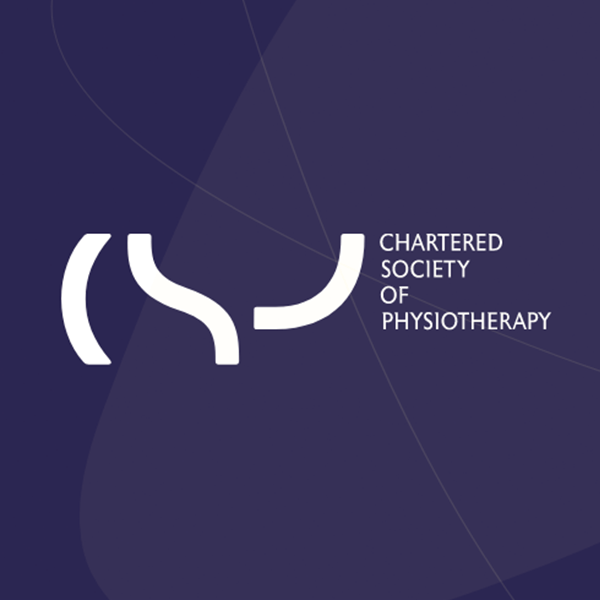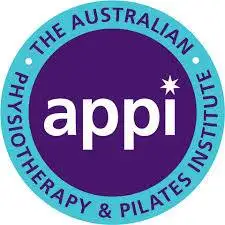Chronic Pain Treatment
JL PhysioFit proudly provides expert injury rehabilitation and physiotherapy in Ponteland, North Newcastle, and the surrounding areas.
At JL PhysioFit, we follow a structured 4-step approach to help you recover quickly and confidently. We start by assessing your pain and identifying what’s driving it, then begin treatment using hands-on techniques to reduce pain, stiffness, and nerve tension. From there, we progressively build your strength and mobility so your body is more resilient and less likely to flare up again. Finally, we guide you on how to maintain your progress long-term, giving you a clear plan to stay pain-free and moving well.
What Our Clients Say...
Do you suffer with pain that has lasted for months or even years?
Is it impacting your quality of life and making you miss out on the things you love to do?
If this sounds like you then you are not alone. Around 15.5 million people in England suffer with chronic pain.
What is Chronic Pain?
Chronic pain is any type of pain that has lasted for 3 months or longer (sometimes years). This is in contrast to ‘acute pain’, which tends to resolve within days, weeks or a couple of months, but no longer.
An example of acute pain would be a simple muscle strain or skin cut that clears up in days to weeks, whereas something like back pain that has lasted for 6 months or more would be an example of chronic pain.
What are the Symptoms of Chronic Pain?
Persistent pain that varies in nature (dull, aching, burning).
Pain that varies in intensity throughout the day or with certain movements.
Reduced mobility and stiff joints.
Low mood
Poor quality sleep
Lack of energy and drive
Affecting quality of life:
reduced participation in activities
struggle with daily activities like housework
struggle with the demands of work
Can cause anxiety and depression
Reliance on painkillers
What causes Chronic Pain?
Chronic pain is sometimes very hard to attribute to any one cause. Sometimes it can result from long term illness such as arthritis or cancer that causes ongoing pain.
Injuries can also cause changes to your body and nervous system that make you more susceptible to experiencing ongoing pain.
Take back pain for example, often the initial injury that causes pain such as a muscle or ligament strain will heal within weeks or months but the pain will still persist.
This is thought to be the result of an overreaction by the nervous system which causes it to be on high alert, and as a result react to stimulus that shouldn’t normally cause pain.
Some people experience chronic pain that isn’t the result of injury or illness, but rather caused by stress, anxiety and depression. In these people there is thought to be a link between low levels of endorphins (feel good chemicals) that are caused by such conditions, and pain.
In most cases chronic pain is the result of several factors. As a result, patients need to be assessed and treated holistically, which includes a full history of their life in order to form the best treatment plan for them.
How do we treat chronic pain?
One of the main goals with physiotherapy here at JL PhysioFit is to better understand your body and how exactly the problem is affecting you, and showing up in your life.
Our physiotherapists are highly trained movement experts who are able to diagnose physical problems and treat underlying poor mechanics and muscle imbalances surrounding those problems.
We use our 4-step system to do this, which ensures you have the best possible chance of getting better and the problem not returning in future.
1) Assess
First we listen and take a detailed history of your pain and problem.
Then we assess your body using simple movement tests and screens. We then explain our findings in an easy-to-understand manner along with the proposed treatment plan of exactly what we need to do to get you better.
2) Mobilise
Soft tissue massage and mobilisation
Joint mobilisation
Acupuncture and Dry Needling
Muscle Energy Techniques
Taping
Advice around lifestyle, posture and ergonomics.
3) Strengthen
Once pain has begun to settle and we are moving in the right direction, the emphasis shifts to helping you build the necessary strength and resilience of muscles and joints in order to get those long-lasting results.
We work with you 1:1 in our dedicated rehab space and/or start you in our group PhysioFit Pilates classes.
4) Optimise
Note: Most people don’t need scans but if during the assessment or subsequent treatment sessions we decide your condition does need further investigation like an X-ray or MRI, we have the facilities to refer you privately if you wish. Usually, we can get this organised and have a result within 3-5 days.
How do I get started?
Like to speak to someone first?
No problem, please call the main desk and if needed we can have a physio call you back to discuss your specific situation.





